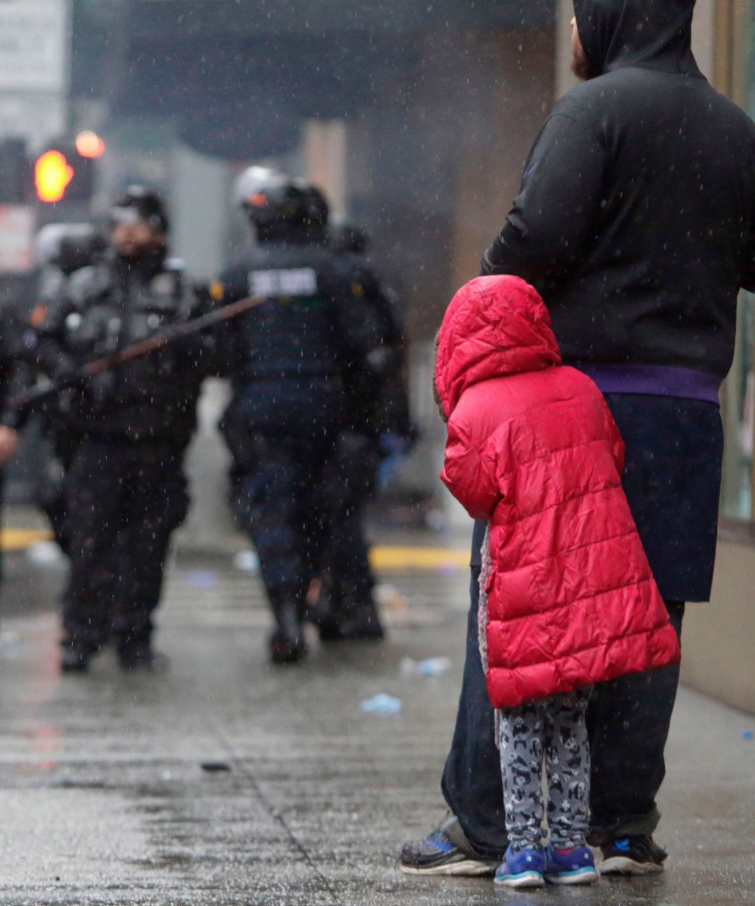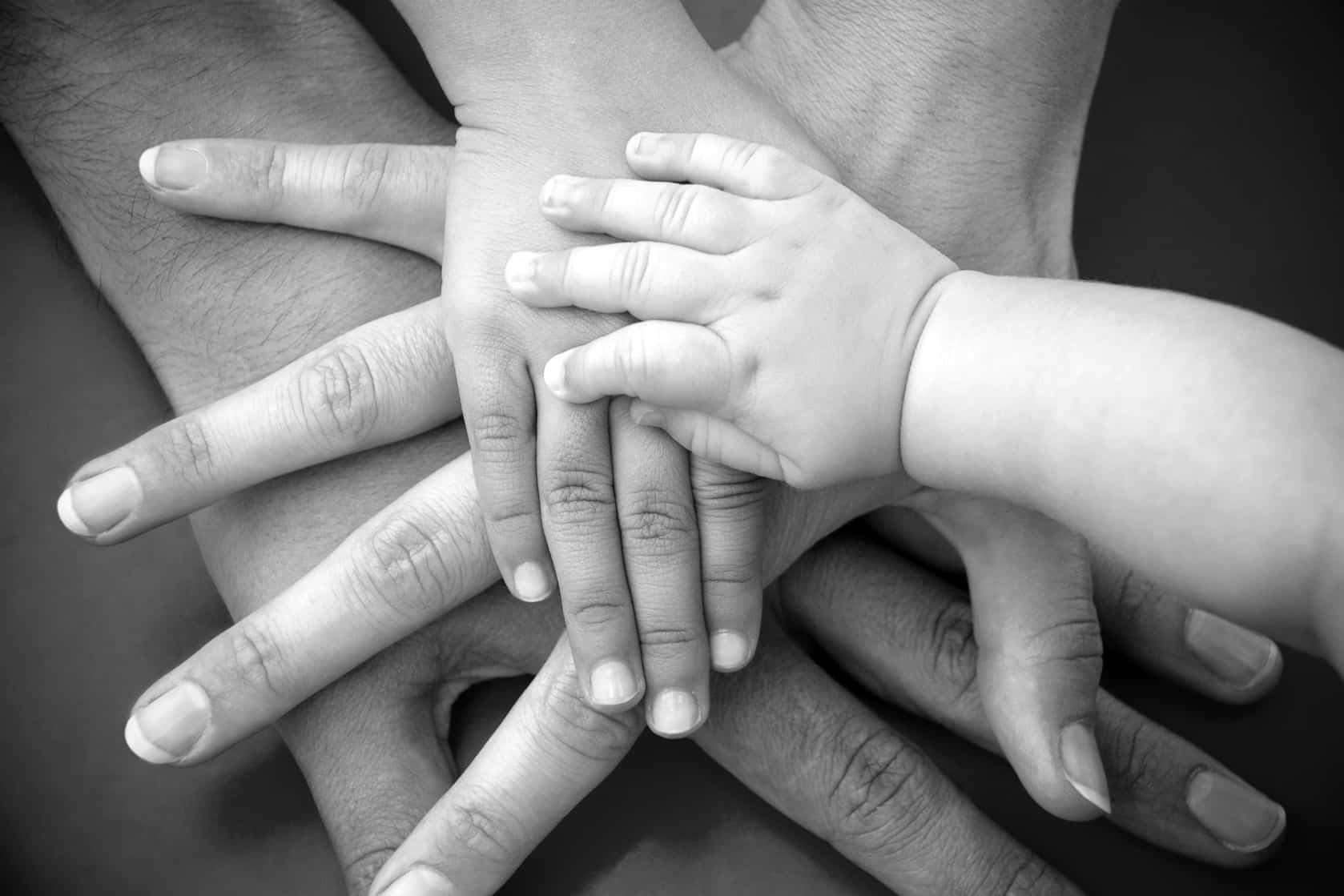How do the past lives of our parents affect us? We do not only pass on our history, our traditional food recipes, and stories from our grandpas and grandmas but even our traumas. Additionally, some of our ways to survive and our way of life.
Our trauma and our methods of protecting ourselves are threads. I had a client whose father was schizophrenic. He believed the Mexican mafia was after him. His son, who was 8 years old at the time, was living with him.
Dad would come to school, take him out of school, and they would drive for hours, trying to get away or move away, leaving everything behind. This was the way of my client’s life experience with his dad.
My client, as he grew up, had a problem with the Mexican race. Those problems were buried within him. While going to college he had fallen in love with a Mexican girl who didn’t look, Mexican. Soon after he received this information from her, he started getting sick.
He started feeling weird, his stomach would hurt, he would get headaches, almost feeling frightened. Why? He wanted to stay away from this girl. He confided in her one day when she asked if she did anything wrong? He said he blurted out the following words. He wanted to know “if she had anything to do with the Mexican Mafia?” My client told her about his dad and his illness.
He said he felt relieved, and at the same time scared that she would judge him and think “this guy’s crazy.” His Girlfriend, (she must have really liked him) suggested he should get help. (Smart lady.)
This trauma was placed within him by his father, who was not medicated for his mental illness, affected his son for the rest of his life, and could have ruined a good relationship. Today, he is married to this lady, has children, a good job, and doing well.
How parent’s trauma, can affect their children’s lives is very real.
Our parent’s past lives and lives within each of us, are molded into our biology. We are all sculpted by experiences of threat and safety. They are like threads, both literally and metaphorically.
Long and thin, those threads stretch, not only through the spaces of our bodies, but back through time, even to the generations before we were conceived.
Scientific studies of trauma and adverse childhood experiences have revealed that children’s distress casts a much longer shadow of thread through our culture, more than we know or care to admit.
We now know that childhood traumas hover over us as adults, creating health conditions like heart disease, liver cirrhosis, obesity, drug use, alcoholism, diabetes, dementia, and many other diseases and illnesses.
If we don’t start raising our children gently and lovingly, we now know that we can start not only threading through the spaces of our children’s bodies, because of our unresolved traumas but pass it on to our grandchildren as well.
If we don’t increase our knowledge of how we can stop damaging our children, the children of our future, we are risking casting those threads to our children’s futures and the effect that could have on their children and their future, it could go on and on.
Let’s get the needed help, for the sake of our children and their future.
Many blessings to you all.

